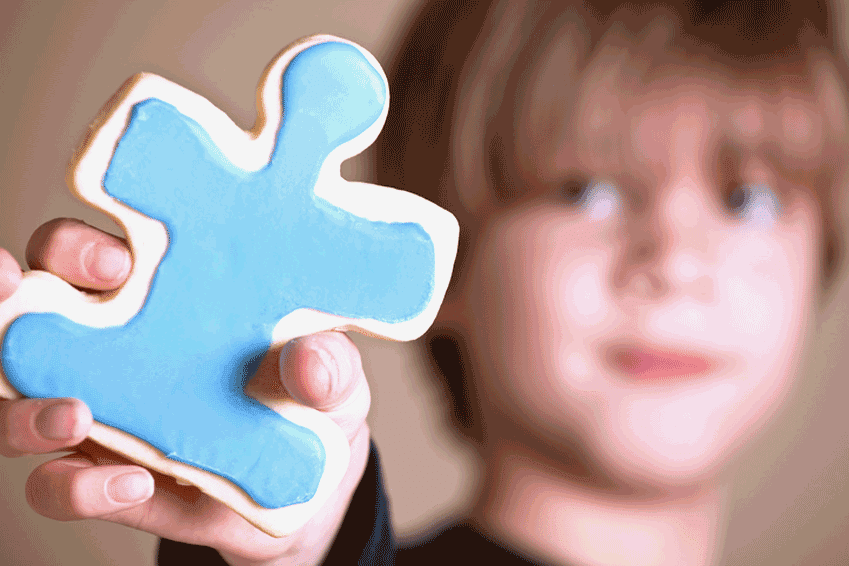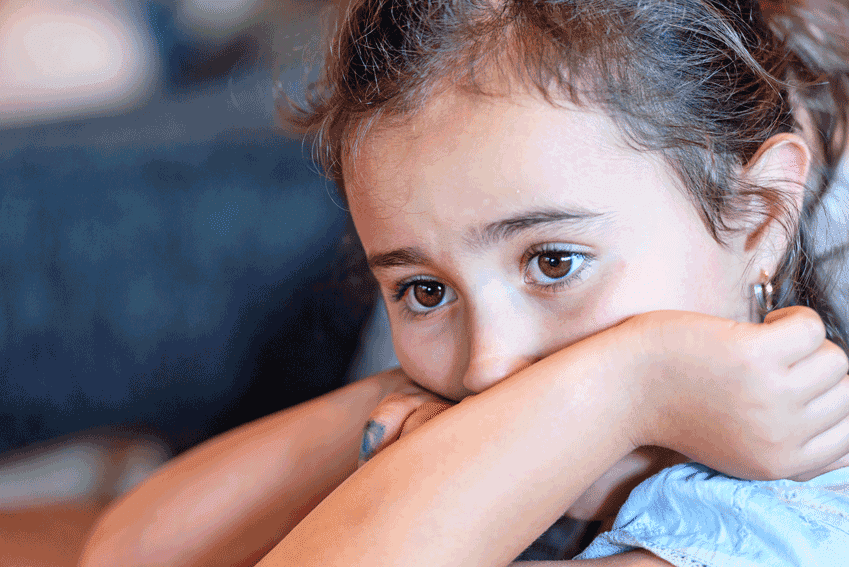Most people have heard of autism, but not everyone understands exactly what it is. This lack of understanding can lead to prejudice and intolerance. In fact, people with autism are not inferior to others. They are simply wired a bit differently.
Autism is a developmental condition that can vary in severity. Hence some people are severely autistic, while others are able to live comparatively ordinary lives.
Autism has a profound effect on a person’s capacity to successfully interact with other people. The symptoms first become apparent in early childhood.
The Causes
What causes autism? The truth is that medical experts do not know for certain — most agree they can be both environmental and genetic. For example, some experts believe that parents with some symptoms of autism are more likely to have a child with the condition.
Food allergies and immune system problems may also have an impact. Other potential causes include air pollutants and viral infections. In effect, no one believes there is one single cause of autism; it is more likely to be a combination of factors, and they are probably different case by case.
The question of what causes autism is rather controversial. For years experts thought that the condition was a consequence of emotionless parenting on behalf of the mother, but further research proved that this is not true.
Vaccinations administered in early childhood have also been blamed for autism. Because of this, many parents have refused to have their children vaccinated for fear that they would develop the condition. Actually, it has not been sufficiently proven that vaccinations cause autism, and refusing to inoculate children puts their health, and the health of society at large, at serious risk.
The Symptoms
How do you know whether or not someone is autistic? Well, it isn’t always easy to tell. Some individuals are only mildly autistic, so other people would find it difficult to notice anything amiss. What is more, the symptoms of the disorder vary from one autistic individual to the next. By and large, however, autism impacts a person’s language, behavior and social interactions.
How does autism impact language?
A child with autism might not begin to speak at a normal time. An autistic child can even lose the language he or she has already learned. A person with autism might find it difficult to make eye contact with the person they are talking to, or struggle to initiate conversations.
Sometimes people with autism speak in a way that seems odd in terms of pitch or rhythm. An autistic child might repeat chunks of adult conversation precisely, but fail to comprehend the content of the words he or she just spoke.
For an autistic person, social interactions can be problematic. If someone has severe autism, they might live in their own world and not interact with other people at all. An autistic individual might not look others in the eye when making conversation.
The parent of an autistic child may feel like their son or daughter does not listen to what is being said. Autistic people often struggle to empathize with the feelings of others. Someone with autism might prefer engaging in solitary activities.
A person with autism may exhibit certain strange behaviors. It is not unusual for an autistic person to have certain rigid routines or habits. Recurring physical movements, such as hand gestures or rocking back and forth, are also common.
Autistic people often find it hard to remain still. An autistic individual may have a particular sensitivity to sound, light or being physically touched. If an autistic person becomes aggravated or stressed, he or she may react by being physically aggressive or throwing a tantrum.
Treatment Options
There is no cure for autism. However, there are treatment options available for some of the symptoms. Therapies are intended to address problem behaviors so that the autistic individual can cope better with social situations. The aim is to help the autistic person function in society.
Other therapies for autistic people focus on routine change and maintenance. These therapies generally include a well-organized agenda with a set procedure.
Autism has no pharmaceutical treatment, but prescriptions are available for symptoms such as anxiety or aggressive behavior. Certain dietary modifications can also be helpful to people with autism.
[arve url=”https://res.cloudinary.com/mcsvideoc3/video/upload/v1520092297/autism-tips.mp4″ autoplay=”yes” controls=”yes” muted=”yes” loop=”yes” play_icon_style=”none” mode=”lazyload”]
What You Can Do
Do you know someone who has autism? If so, you can help them by showing a little understanding. People with autism are not mentally challenged; they simply dance to the beat of a different drum.
Here is a wonderful video from thoughtful, intelligent, autistic video blogger, Amythest Schaber, who explains some of the ways autistic people cope with their condition. This is just one in a series. We love it!
Some people with autism are exceptionally intelligent, and excel at a certain subject. Do not look the other way because you feel uncomfortable, or try to pretend that autism does not exist. Autistic people are better able to adjust to the demands of modern society if they are treated with the patience, tolerance, respect and sensitivity they deserve.





